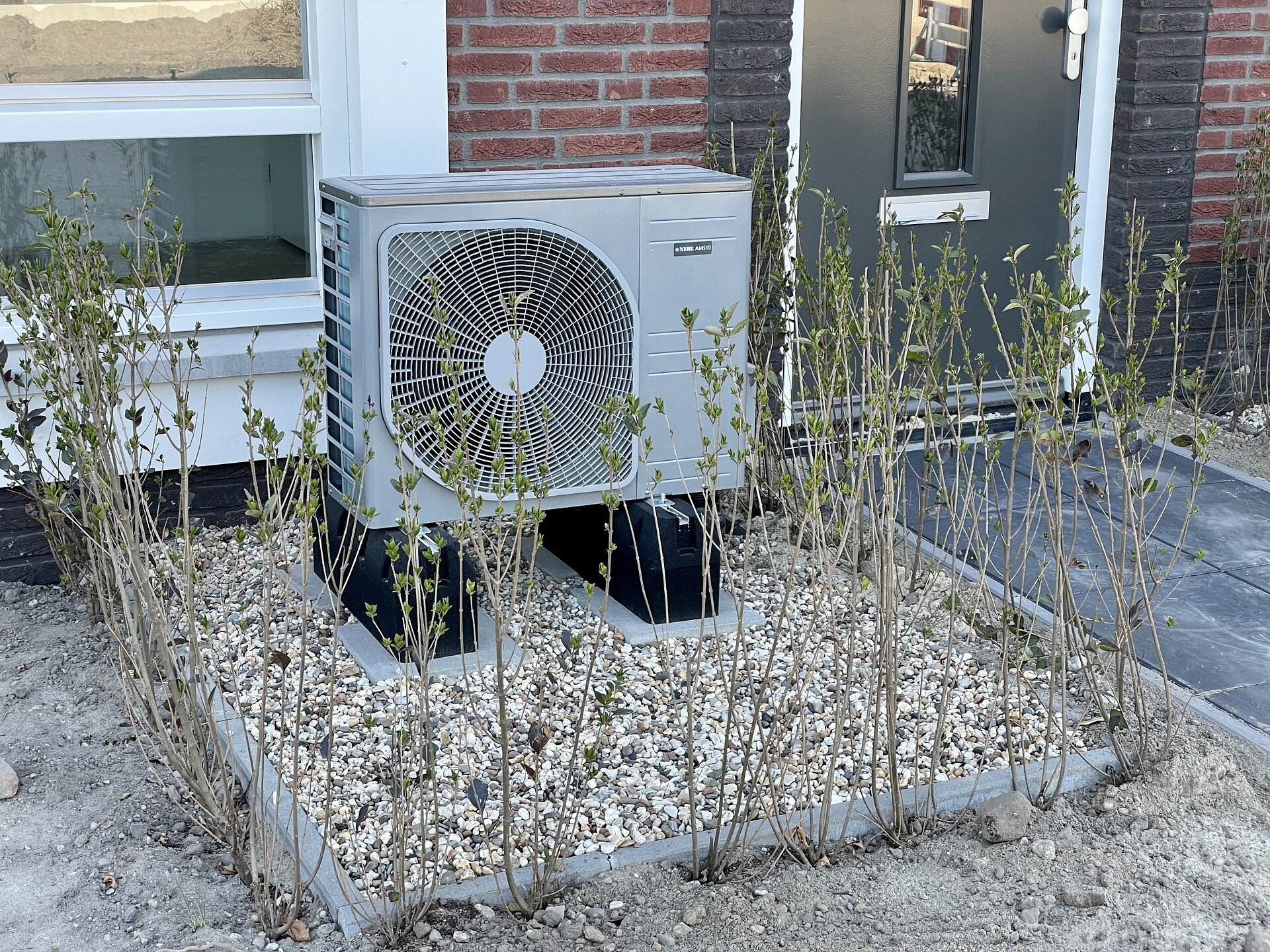The Future of Mobility: Sharp’s Visionary Solar-Powered Concept Van
As the world shifts towards sustainable technologies, the boundaries between home and travel are beginning to blur. Imagine a vehicle that serves not just as transportation, but as a mobile entertainment center, workspace, and relaxing nook all rolled into one. Japanese electronics titan Sharp is making strides with its latest innovation: the LDK+ concept van. With a design heralded as ‘an extended living room’, this electric vehicle (EV) aims to transform how we perceive personal mobility.
An innovative approach to electric vehicles with the LDK+ concept.
A Home on Wheels
The LDK+ concept van embodies a revolutionary idea—that your vehicle can become an integral part of your living space. Equipped with features such as a big-screen TV, reversible seats, and even liquid-crystal shutters, it offers a cozy setting for various activities. The vehicle’s transforming interior is designed to create a comfortable atmosphere, encouraging families to spend quality time together, whether watching movies or engaging in remote work.
According to Sharp, the vehicle focuses on maximizing time spent stationary, shifting the paradigm of how we think about mobility. This is more than just an EV; it represents a new approach to leisure and work. With the rear seats rotating to face the screen and shutters providing privacy, this concept van gives a glimpse into a futuristic lifestyle where comfort meets mobility.
Harnessing the Power of the Sun
The LDK+ is not only about aesthetics and comfort; it is equipped with solar panels to optimize energy use. This setup positions the van as a self-sustaining solution that connects seamlessly with home systems. It can, for instance, power your home during grid outages or extreme weather events, a handy feature as climate-related disruptions become more frequent.
As a personal anecdote, I remember living in an area prone to storms that often knocked out the power for days. The reassurance that one’s vehicle could serve as a lifeline during such moments presents a compelling case for EV adoption. Imagine having your personal cinema or workspace ready to function while also keeping the lights on back home!
Intelligent Living
Incorporating artificial intelligence into the mix, the LDK+ is designed to learn from personal routines. It can adjust temperature and ambient lighting based on previous preferences, ensuring that you always return to the perfect atmosphere. Imagine driving home after a long day, knowing that your van will greet you with the ideal environment—a slice of luxury on wheels!
Redefining workspace and relaxation.
The Trend Towards Sustainable Living
As the automotive industry welcomes tech giants, Sharp’s plunge into EVs isn’t isolated. Similar to Sony’s collaboration with Honda to bring an innovative vehicle prototype to life, the entry of electronics companies into the mobility sphere highlights a trend. These companies are leveraging their tech expertise to elevate the driving experience, pushing boundaries and enhancing our daily interactions with vehicles.
When pondering this new direction, it’s hard not to be excited about the implications for carbon-zero tiny homes. The merging of efficient living spaces and mobility could very well be the future of our habitation, offering flexibility and reducing our environmental footprint. What’s not to love about a mobile living space that seamlessly integrates into your life?
Overcoming Barriers to Adoption
However, while the concept is fascinating, practical implementation remains to be seen. Questions linger about how the LDK+ will integrate into our daily lives. Will it make traditional homes obsolete? As much as I am a proponent of innovation, I believe we must approach this evolution with a critical eye. The benefits of fuel savings and decreased air pollution are substantial, but the investment in such technology must be justified by real-world practicality.
EVs like the LDK+ could change the landscape of residential living. For many potential buyers out there, it presents a lifestyle choice that prioritizes convenience and eco-consciousness. But for a complete transition to EVs, the industry must address range anxiety, charging infrastructure, and affordability. Seeing friends, family, and even celebrities adopt these technologies can help sway public perception.
Rethinking how we live and commute.
Conclusion
The unveiling of Sharp’s LDK+ concept van heralds a thrilling shift in the future of personal mobility. While we may be a way off from seeing such innovations on the road, the vision is compelling enough to get us thinking. As we strive for sustainable living, such designs offer imaginative solutions that may redefine our relationship with mobility. As Sharp aptly stated, they will continue proposing lifestyles that contribute to carbon neutrality and connect closely with people’s lives—the road ahead looks promising.
For those interested in this evolving landscape, following industry developments through newsletters and tech updates is essential. The LDK+ represents not just an electric vehicle; it could very well be a blueprint for the future of living.
Stay tuned for more insights into how technology is reshaping our lives and the planet.


 Photo by
Photo by 











